
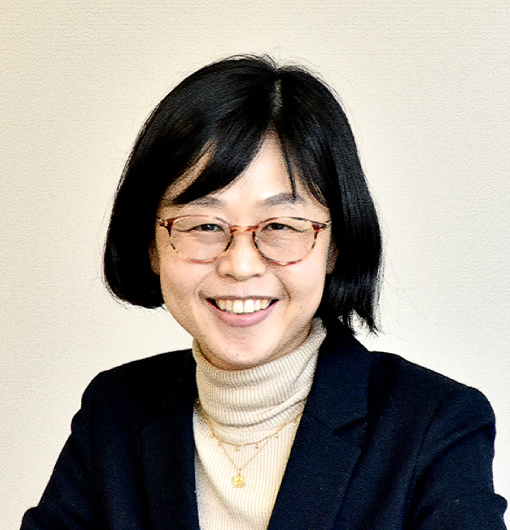
Mari TAKEUCHI is Professor of International Law at Kobe University, Graduate School of Law, where she joined in 2017. She holds degrees from Kyoto University (LLB, LLM), and University of Glasgow (PhD). Professor Takeuchi’s main research interests include jurisdiction of States, especially the issues of extraterritoriality in various fields of law (international criminal law, corruption, sanction law, data protection). She has also explored the impact of non-binding international norms upon international law-making.
Her resent publication includes, “International Criminal Law (Japan)”, in Seokwoo Lee (ed.), Encyclopedia of Public International Law in Asia, Vol. I (Brill, 2021), “Asian Perspectives on the International Law Commission’s Work on Crimes Against Humanity”, African Journal of International Criminal Justice, Vol.6 No.2 (2020); “Non-State Actors as Invisible Law Makers? – Domestic Implementation of Financial Action Task Force (FATF) Standards”, in Karen Scott, Kathleen Claussen, Charles-Emmanuel Côté and Atsuko Kanehara (eds.), Changing Actors in International Law (Brill, 2020).
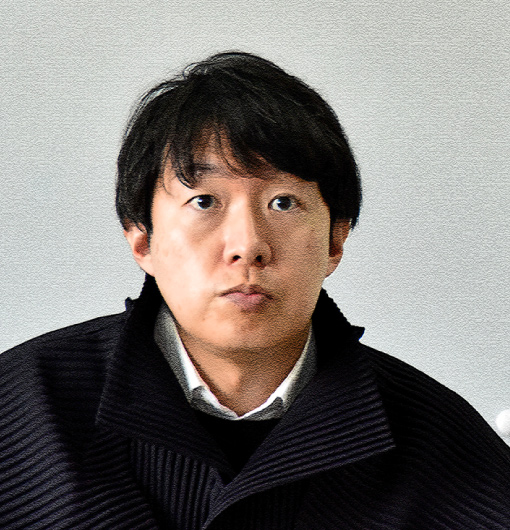
Keigo FUCHI is Professor of Law at Kobe University Graduate School of Law, in Kobe, Japan. He teaches and researches in the area of public law including domestic and international taxation. Before joining the Kobe University Graduate School of Law faculty in 2015, Professor Fuchi was Professor of Law at Gakushuin University, Tokyo, Japan and previously held a Research Associate position at the University of Tokyo, Graduate School of Law. He has an undergraduate degree of law from the University of Tokyo.
Professor Fuchi has written vigorously about interaction between private transactional law and tax statutes. He is also interested in constitutional guarantee of property rights and due process of law in administrative proceedings. His current research is focused on whether and how to provide consumers on online platforms with due process of law and equal treatment. His publications include “Unilateralism, Bilateralism, and Multilateralism in International Taxation” 59 Japanese Yearbook of International Law 216 (2016), “Tax Competition and the Dormant Commerce Clause: A Japanese Perspective” 22 Chapman Law Review 89 (2019), “Stanley Surrey and the Transformation of Administrative Law in Japan” 15 University of Pennsylvania Asian Law Review 172 (2020), and “Digital Platforms and Their Role in the Collection of VAT/GST and RST” 64 Japanese Yearbook of International Law 173 (2021).
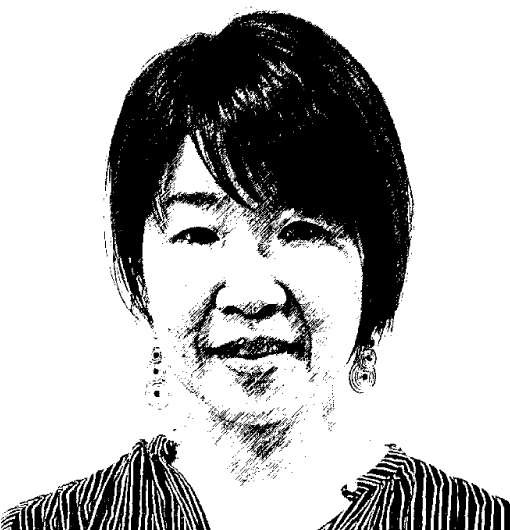
I have been appointed as Professor of International Law at the School of Environmental Studies, Nagoya University, from October, 2019. My work focuses on the functions of norms and regulations, in particular, regulations and standards concerning business activities and the environment/food safety/global health. My interests also include a wide range of regulation and governance, such as private standards/certification systems or public-private partnerships. My current research focus is on governance of smart cities.
I have published articles on these topics in the Journal of Environmental Law, Journal of World Trade, International and Comparative Law Quarterly, European Journal of International Law and World Trade Review. Before coming to Nagoya, I worked as associate professor at Osaka University (Graduate School of International Public Policy) and deputy director at the WTO dispute settlement section in the Ministry of Economy, Trade and Industry (Government of Japan). I was also a visiting researcher/scholar at University College London, Singapore Management University, and European University Institute.
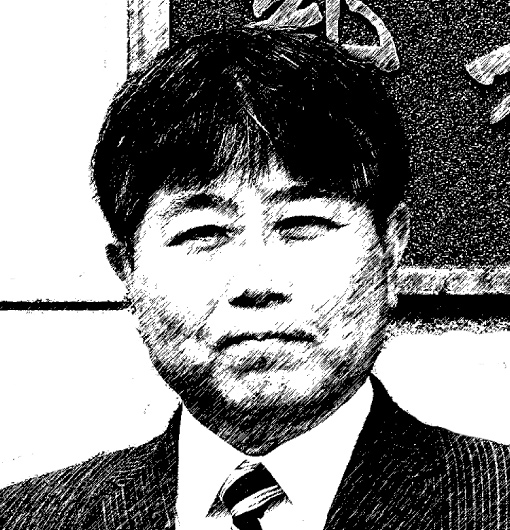
Fujio KAWASHIMA is Professor of Law, Graduate School of Law, Kobe University, Japan, where he has taught since 2015. University of Tokyo (LL.B.). He specializes in international economic law and competition law. He is a council member of the Japanese Association of International Economic Law and a council member of the Japanese Association of Economic Law.
His main research interests include WTO Dispute Settlement Cases, Trade and Development, Legal Reforms after China’s Accession to the WTO, Development of Competition Laws in Asian Countries, especially in China. His current research focuses on regulation of digital platform business in China by its Antimonopoly Law.
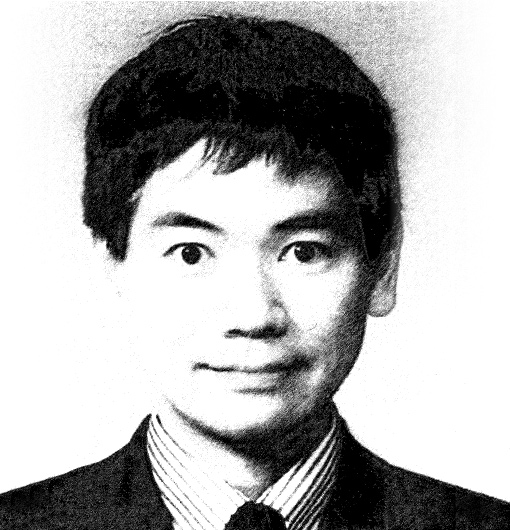
Hiroki HARADA is Professor of Law at Kyoto University, Graduate School of Law, Kyoto, Japan. He specializes in administrative law. He has been interested in a new formation of administrative law scholarship in the era of diffusion of public functions into private and international organizations consistently. He also tries to include elements of legal designs in administrative law scholarship.
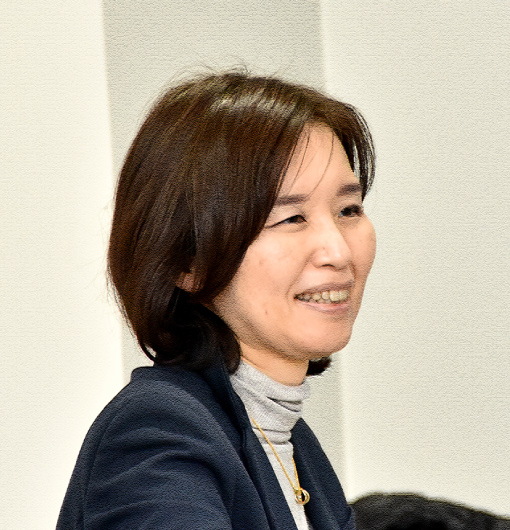
Maiko FUCHI is an associate professor at Kanagawa University, Faculty of Law in Yokohama, Japan. Prior to joining the Kanagawa faculty in 2021, she was an associate professor of law at Nagoya University of Economics. She received her LL.B. and LL.M. degrees from the University of Tokyo and graduated from Kobe University with a Ph.D. in Law.
Professor Fuchi’s principal research and teaching interests are in the fields of domestic and international intellectual property law. She has written extensively in the areas of copyright, trademarks, patent. Her works explore justification for copyright limitations and exceptions in the digitalized society, flexible interpretations of copyright limitation clause in Japan. She is also working on fashion law, multilateral Intellectual Property system. Her recent publications include: “The Judicial Role in Interpretation of Copyright”, in Shigeo Takura/Masahiko Kinoshita/Toshiya Kaneko (eds.), Constitutional Values and Intellectual Property System (Yuhikaku, forthcoming 2022), pp. 176-197, “Case Note; Registration of Trademark including Name of Other Person Denied”, 71 Patent Studies, pp.66-76 (2021), “Personal names as Trademark in Japan” in Doshisha University IP law research group (ed.) Challenges of Intellectual Property Law II (Kobundo, 2020), pp. 287-306, “A Historical Analysis of Limitations and Exceptions to Copyright”, 46 Copyright Law Journal, pp.120-151 (2020).

Fumiko MASUDA is Professor of Commercial Law, Graduate School of Humanities and Social Sciences, Okayama University, Japan. She graduated from Kyoto University with a degree of LL.B. in 2000, where she became an Associate Professor of International Business Law in 2003 and belonged until September 2015. She received Magister Juris from the University of Oxford in 2006.
Her main research interests are in comparative analysis of Japanese commercial law including maritime and transport law, space business law and relevant issues of private international law. Her recent articles in English include ‘Legal Aspects of Cruises in Japan’ in Cecilia Fresnedo de Aguirre (ed), Legal Aspects of Cruises (Springer 2022) (co-authored with Shinichi Takano and Takashi Hakoi); ‘“Jurisdiction and Control” over Space Products in the Age of Moon and Mars Settlement: An Analysis from a Private Law Perspective’, in Proceedings of the Institute of International Space Law 2020 (Eleven 2022); ‘How to Allocate the Parties’ Rights and Duties in Modern Transportation Law: An Observation from Japan’s Experience’ in Andreas Furrer (ed), Transportation Law on the Move: Challenges in the Modern Logistics World (Stämpfli Verlag 2020).
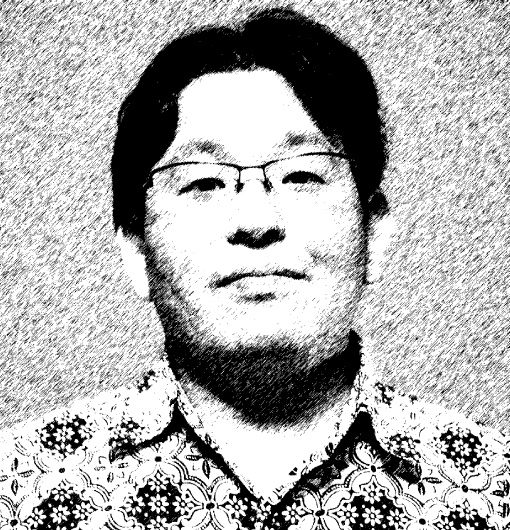
Manabu MATSUNAKA is a Professor of Law at Nagoya University Graduate School of Law, where he has taught since 2010. His main research areas are corporate law and commercial law. One of his main research topics is exploring factors that drive changes in corporate law, including soft laws. His recent paper, Manabu Matsunaka, Politics of Japanese Corporate Governance Reform:Politicians do Matter, 15-1 Berkeley Business Law Journal 154-184(2018), focuses on political factors as a driving force of changes in corporate law. It argues that the preferences of governing parties are critical factors for explaining recent changes in corporate governance in Japan consistent with other parts of the world. Another aspect of his research is integrating economic analysis into an interpretation of law and policy discussion regarding the law. His co-authored papers, Hatsuru Morita & Manabu Matsunaka, Career Judge System and Court Decision Biases: Preliminary Evidence from Japan, in Yun-chien Changed. Selection and Decision in Judicial Process around the World: Empirical Inquires 132-159 (Cambridge University Press, 2020); Gen Goto, Manabu Matsunaka & Souichirou Kozuka, Japan's Gradual Reception of Independent Directors: An Empirical and Political-Economic Analysis, in Dan Puchniak, Harald Baum & Luke Nottage eds. Independent Directors in Asia: A Historical, Contextual and Comparative Approach 135-175(Cambridge University Press, 2017) are examples of this line of his research. He has also engaged in research on hostile takeovers and equity finance in Japan (most of this research are in Japanese. see https://www.law.nagoya-u.ac.jp/~m-matsunaka/styled-4/)
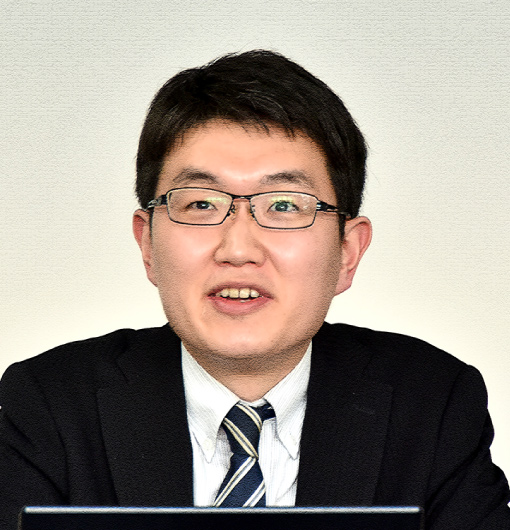
Go NARUSE is Associate Professor of Law at The University of Tokyo, Graduate Schools for Law and Politics, Tokyo, Japan, where he has taught since 2010. A graduate of The University of Tokyo, Faculty of Law (LL.B.), Professor Naruse’s main research and teaching interests are Criminal Procedure and Criminal Evidence. He is a member at the Committee on utilization of information and communication technology in criminal procedure (Ministry of Justice).
His research is exploring the regulation of investigative methods for gathering information in the era of informatization and globalization. His recent articles include, in Koji Teraya (ed.), International Law Today (Nihonhyoronsya 2020), pp. 152-165, “Evidence Law in International Criminal Court: Comparative Analysis with Evidence Law in Japan, U.S. and U.K.”, in George Shishido et. al. (eds), Artificial Intelligence, Society and Law (Yuhikaku 2020), pp. 293-328, “Fake and Real: Identification of Individual and Information”.
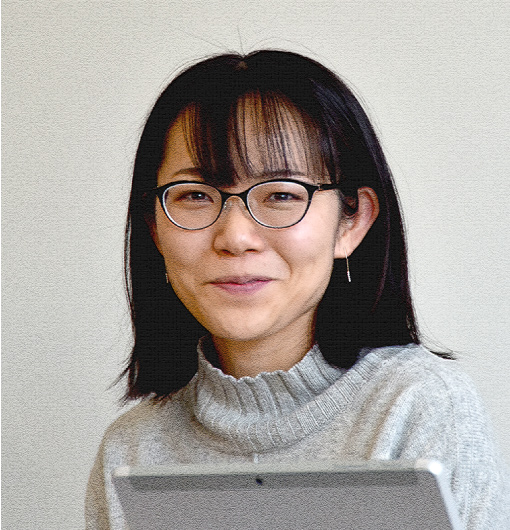
Shiho Kato is Associate Professor at Institute of Social Science (ISS), The University of Tokyo, Japan. She studies and teaches Private International Law or Conflict of Laws. She holds LL.B. (2013), LL.M. (2015) and Ph.D. in Law (2018) awarded from Nagoya University, Japan. Before moving to the ISS in 2023, she taught at Hiroshima University and Tokyo Metropolitan University
A key theme of her research is a search for Private International Law’s role for regulating private cross-border activities under globalization. Her doctoral thesis (in Japanese) has being published as “Conflict of Laws and Illicit Trade in Cultural Property beyond Borders: Towards the Development of Conflict of Laws for Global Governance,” in Nagoya University Journal of Law and Politics, No.278 – No. 286 (2018 – 2020). Her recent research interests include Global Legal Pluralism. Her publication in English includes “Foreign Investment Law in Japan”, in Abdelkhaleq Berramdane et Michel Trochu (sous la direction de), Union européenne et protection des investissements Europe, asie-pacifique et amérique latine (Bruylant, 2021), pp. 161-174; “The UNESCO Cultural Diversity Convention and the WTO: Conflict of Laws as an Alternative Perspective”, The Hiroshima Law Journal, Vol. 43, No. 3 (2020), pp. 350-320; “Recent Developments in Rules on Choice of Court Agreements in Japan: New Codification and Remaining Problems”, in Alexander Bruns & Masabumi Suzuki (eds.), Preventive Instruments of Social Governance (Mohr Siebeck, 2017), pp. 173-194.